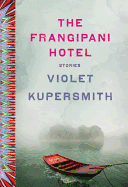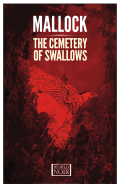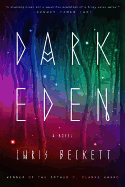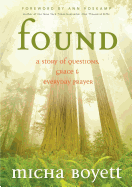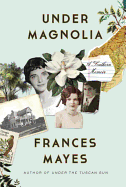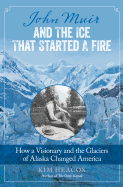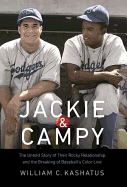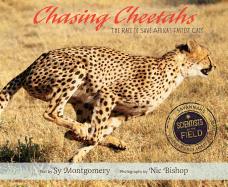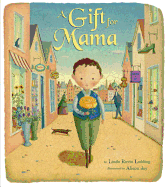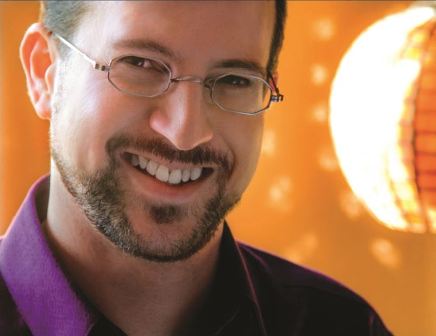 |
| photo: Benjamin Krain |
Kevin Brockmeier is the author of many works of adult and children's fiction, including The Illumination, and several short story collections. His stories have been published in the New Yorker, McSweeney's and Tin House, and he has received the Borders Original Voices Award, three O. Henry Awards and the PEN USA Award. In 2007, he was named one of Granta magazine's Best Young American Novelists. He teaches at the Iowa Writers' Workshop, and lives in Little Rock, Ark., where he was raised. His first memoir, A Few Seconds of Radiant Filmstrip (see our review below), focuses on a particular period of his life--the seventh grade.
Because so many people cannot recall the seventh grade with any kind of fondness, I have to ask: What made you want to go back to revisit it?
First, that it was a difficult year. For that reason alone, I thought it might make a good story. I also realized I had a lot of stories that I had been telling people since I was 13 years old, and I could pinpoint them all to that time in my life.
I had also never written book of this sort, and wanted to see if I could do it.
This is one of the only memoirs I can recall reading that is written in the third person. Why did you ultimate decide on this approach, when first person seems the more obvious choice?
I attempted the very first paragraph of the book in any number of ways. I ultimately found a voice that allowed me access to that period of my life with specificity. In the third person, the voice of Kevin felt natural. I felt the consciousness that I used to possess at that time blossoming to life, and I wanted to explore that.
At the time, were you aware of any split within yourself, being so observant of other people but struggling to see how you fit into that changing landscape?
I probably was. What surprised and distressed me at the time was the way in which my friendships shifted off in new directions that didn't include me. I was aware of the nuances of those relationships day by day. I just didn't see where it was all going.
A lot of this book is about friendship, and how yours changed over the course of the seventh grade.
Most of those friendships faded over the course of the year. I had a little trio of friends: Thad and Kenneth and Bateman. Bateman remains a friend of mine. I was closest with Thad and Kenneth, but they were no longer a presence in my life by the time the year was over.
That was a difficult year for me, but there were a few people in my life then who were kind and generous and made the year much easier than it otherwise could have been. One of them was Ethan Carpenter, who slowly becomes my best friend over the course of the book. And the other one was my English teacher, Miss Vincent.
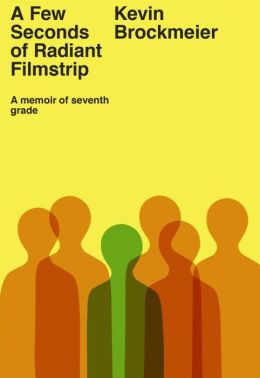 You thank every member of your seventh-grade class in your dedication, but Miss Vincent is the only teacher you've included.
You thank every member of your seventh-grade class in your dedication, but Miss Vincent is the only teacher you've included.
Miss Vincent was only at CAC that one year. Every so often I would think about her, where she was, what she had become. But she was a grown-up and I was a kid; there was really no way of staying in touch back then. And I don't even know that I was sure at the time how important she was to me. It was only when I was writing the book that I realized how fundamental of a presence she had been that year, and how intimately involved she was in what happened to me.
Did you ever speak to her again?
I had tried in the past with no luck. But after I finished writing this book, I tried again. I ultimately found someone teaching English in Washington State. She had a different name, hyphenated, but it seemed worth a shot. I sent her a letter, and included a copy of The Illumination. I just said who I was, where my life had taken me, and that seventh grade was an extraordinarily difficult year for me. I told her she was kind, and made it easier than it might have been, which was something I hadn't been able to express at the time, but wanted to express now.
I heard back from her a few weeks later. I had found the right person, and she remembered me--a bit surprising giving the years and number of students she had taught, but then, I had written a play about her. We ended up getting coffee when she was in Arkansas visiting family.
There's a section in the middle of the book that feels more fantastical than one might expect in a memoir. Can you talk about that?
I thought of that chapter as a moment of science fiction in the middle of what is otherwise a wholly autobiographical endeavor. Within the world of the narrative, I wanted it to be understood as something that this character is undergoing. But as readers, we understand that this is a device employed as a writer, rather than an actual memorable feature of my experience. It was an opportunity to divorce Kevin Brockmeier from the events he was undergoing, talk about what would happen to him, and give him an opportunity to accept his life, with all of its difficulties.
It's definitely unusual, but intentional. And because that element is in the memoir, it is more in keeping with my novels and short stories.
In an age when bullying is a hot topic, what advice would you have for kids in a difficult spot--or for their parents?
The closest I could come to advice would be acknowledging you aren't the only person who has gone through these experiences. I underwent them, too, I understand what it's like. I'm hesitant to say that things will get better, because who knows? But I can say unequivocally that things will change. It won't always be like this. It's so hard to imagine who you will become. --Kerry McHugh, blogger at Entomology of a Bookworm
Kevin Brockmeier : A Difficult Year
 That ad could very well be an ad for my last two novels, The Book of Lost Fragrances and Seduction, or my newest one, The Collector of Dying Breaths [the Shelf Awareness review is here].
That ad could very well be an ad for my last two novels, The Book of Lost Fragrances and Seduction, or my newest one, The Collector of Dying Breaths [the Shelf Awareness review is here].



 You thank every member of your seventh-grade class in your dedication, but Miss Vincent is the only teacher you've included.
You thank every member of your seventh-grade class in your dedication, but Miss Vincent is the only teacher you've included.
